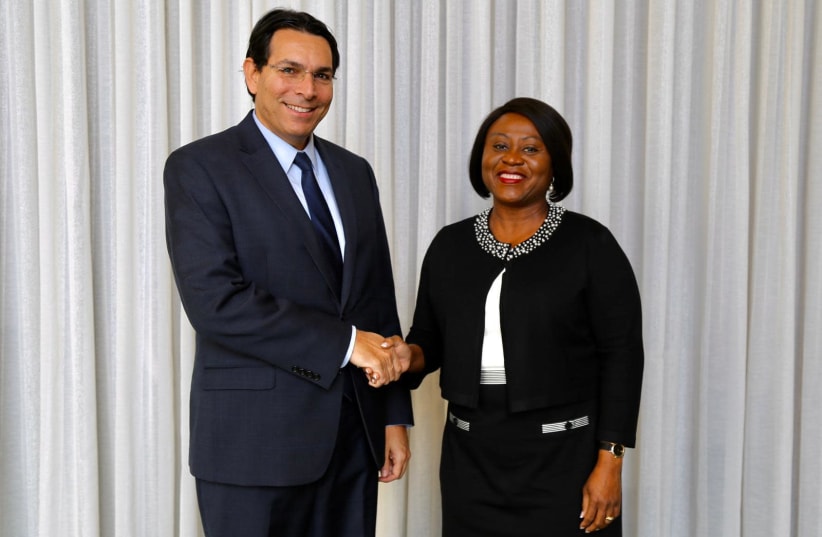Israeli Ambassador to the United Nations Danny Danon found another alternative in place of the UN's Science Technology and Innovation (STI) Forum that Israel was appointed to lead this year, but was later cancelled due to the coronavirus outbreak.
Before the coronavirus outbreak took hold, Israel and Ghana were elected to head the UN's STI Forum. However, once the coronavirus pandemic became an issue, the UN cancelled all high-level forums, leading the Israeli ambassador to find a new, more relevant alternative.
With the goal of combating the coronavirus, Danon decided to initiate a refocused digital conference on aiding innovation and technological tools. The two-day conference began on Thursday and continued through Friday, during which world renowned experts spoke on the connections between technological innovation, the fight against coronavirus and the fulfillment of UN development goals.
"This initiative is widely supported by the United Nations, mainly because of groundbreaking Israeli innovation, and I have no doubt that it will contribute to the global struggle against the coronavirus, and further strengthen Israel’s position within the UN," Danon said.
The forum held a session on "The Science of COVID-19" lead by Israeli Nobel Prize Winner, Professor Ada Yonat, as well as another session on technological response to the virus, which was attended by Israeli scientist Dr. Kira Radinsky, recognized worldwide for technological advancements in predictive analysis.
Commenting on the global cooperation that the event ignited, Danon said, "in a time of global crisis, uniting to share knowledge with the international community is important and the right thing to do."
Weeks prior to the event, the conference gained international support, and countries from around the world, such as Mexico, Japan, to Kenya and the Czech Republic, decided to join the conference. Other countries that took part in the event included, Estonia, Rwanda, and Barbados.
UN Secretary General for Digital Collaborations and members of the US National Academies of Science, Engineering and Medicine also joined the conference, which was broadcast online at www.sticonference.com, a website built in collaboration with the Israeli company "Sosa."
